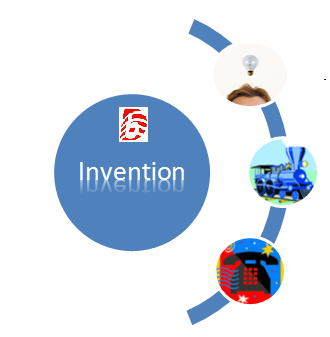Invention vs Discovery
Invention and discovery might seem to have similar meanings, but there is a distinct difference between the two. An invention refers to creating something that did not previously exist, while a discovery refers to finding something that existed but was not known or found before. A physicist invents a transistor, while a biologist discovers the molecular structure of DNA. An invention comes from thought and effort, while a discovery reveals something that was already present but needed to be found.
What does Invention mean?
Invention is the noun form of the verb “invent.” Inventing something means creating a product that did not exist before. Inventions are original creations resulting from brainwork and experimentation. Inventions do not usually involve exploration but rather creation. For example, Alexander Graham Bell created the telephone, which was then made known to the world.
What does Discovery mean?
Discovery originates from the verb “discover.” Discovering something means finding or observing something that was already present but not yet found or observed. Discoveries involve finding things that existed on earth even before being found. While some may argue that a discovery could be an accident, this is not the case when a scientist or biologist intentionally finds something through purposeful experimentation. Discovery involves exploration and making information public for others to understand.
Key Takeaways
- Invention involves creating something new through experimentation, while discovery involves finding something that already existed but was unknown until then.
- Invention is a process, while discovery is not necessarily a process.
- Invention does not involve nature, while discovery is closely related to nature and the natural world.
